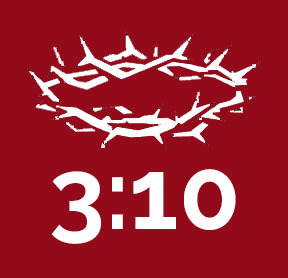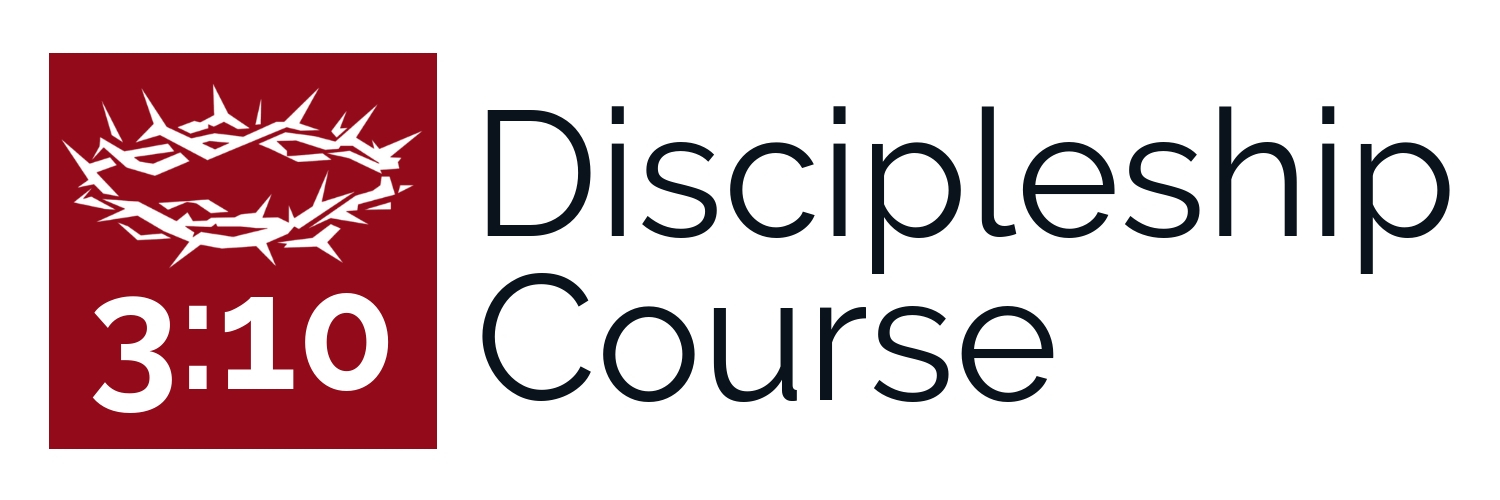Humans As Moral Beings

Image: © Fotolia.com
CS Lewis On "Right & Wrong As A Clue To The Meaning Of The Universe"
Perhaps the most significant difference between human beings and the rest of the animal kingdom is the fact that we are moral beings who have a core sense of right and wrong, good and evil.
CS Lewis argued the case for God as a moral law-giver in the first five chapters of Mere Christianity. His argument is:
1. There is a universal Moral Law, which is not the same as culturally conditioned ideas of what is and is not acceptable behaviour.
2. If there is a universal Moral Law, there must be a Moral Law-giver.
3. If there is a Moral Law-giver, it must be something, or Someone, beyond the natural universe.
4. Therefore, there is Something, or Someone, beyond the universe.
Lewis argued that we all have within us a sense of right and wrong behaviour and character. There is a sense of “oughtness” that presses upon us. He says:
“Human beings, all over the earth, have this curious idea that they ought to behave in a certain way, and cannot really get rid of it.”
Lewis Calls This Law of Right Behaviour the Moral Law
We live in a moral universe—in addition to the physical facts (for example,“this chair is brown”, “Gold is atomic number 79”), there are moral facts (“lying is wrong”, “bravery is a virtue”). We find in the universe “a real law, which none of us made, but which we find pressing on us.” "But if there is an objective Moral Law, and none of us made it, there must be something else that produced the Moral Law, a Moral Law-giver as in premise (2)."
Christian apologist Ravi Zacharias puts it this way:
"When you say there is evil, aren’t you admitting there is good? When you accept the existence of goodness, you must affirm a moral law on the basis of which to differentiate between good and evil. But when you admit to a moral law, you must posit a moral lawgiver."




